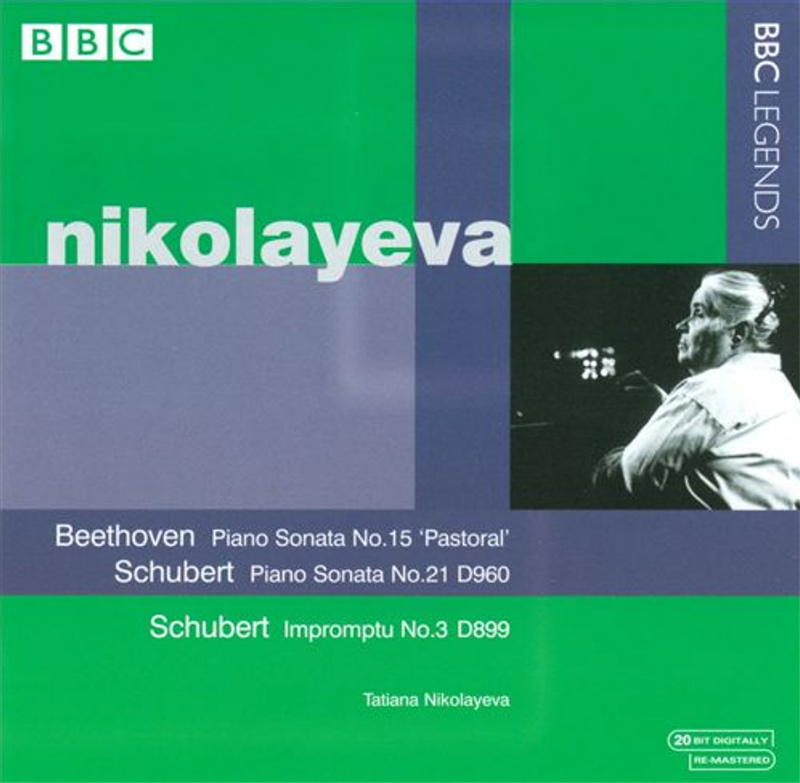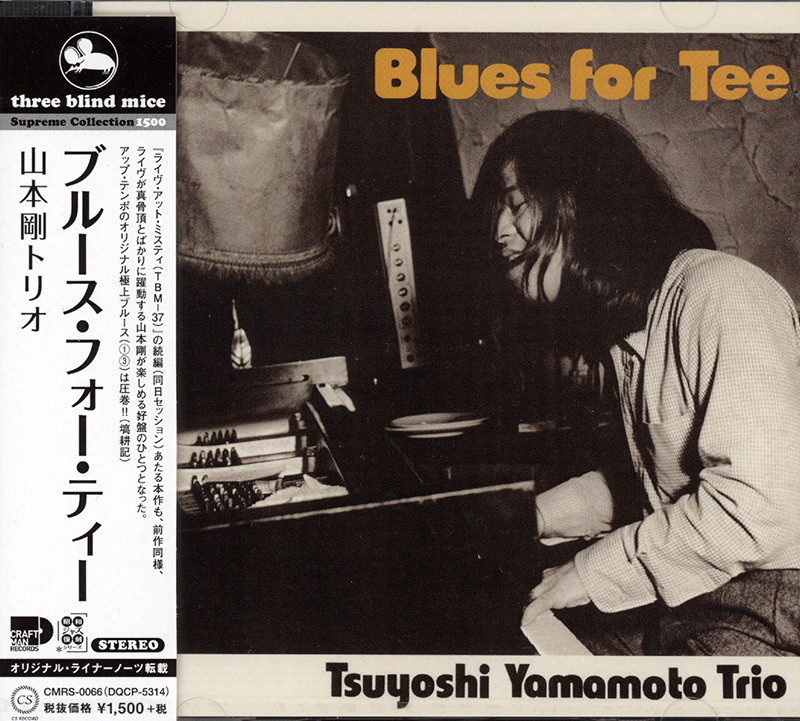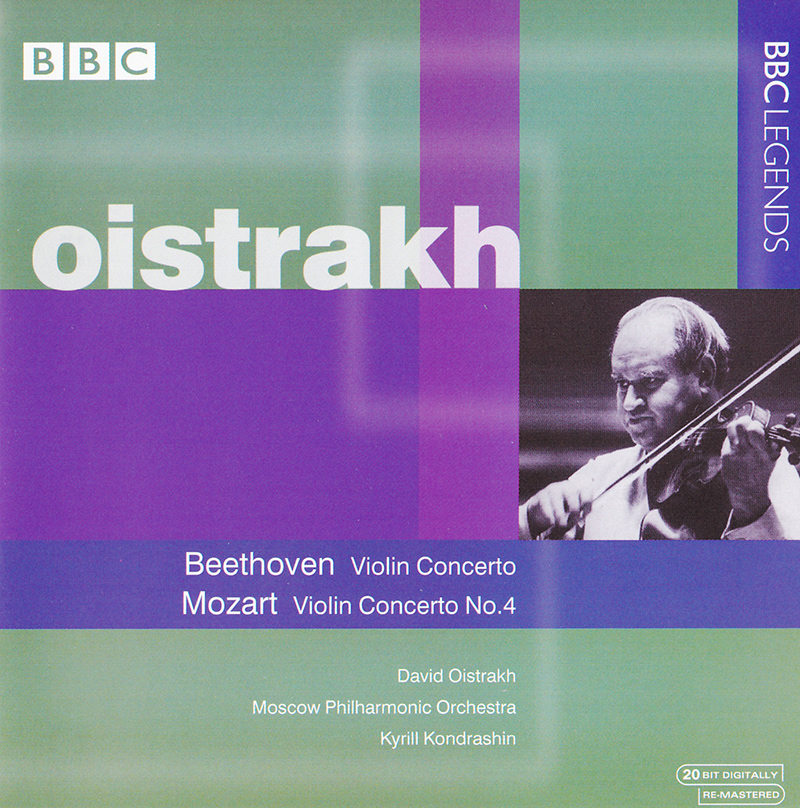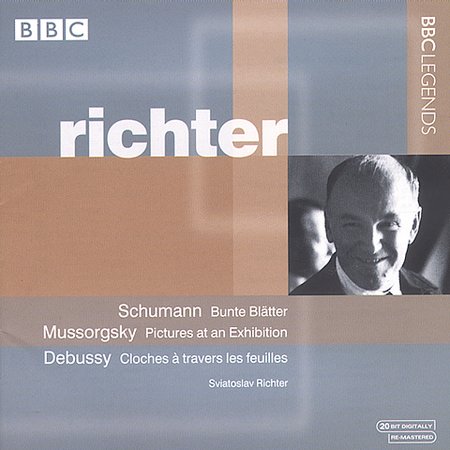Logowanie
OSTATNI taki wybór na świecie
Nancy Wilson, Peggy Lee, Bobby Darin, Julie London, Dinah Washington, Ella Fitzgerald, Lou Rawls
Diamond Voices of the Fifties - vol. 2
Tylko 1000 egzemplarzy!!!
DVORAK, BEETHOVEN, Boris Koutzen, Royal Classic Symphonica
Symfonie nr. 9 / Wellingtons Sieg Op.91
nowa seria: Nature and Music - nagranie w pełni analogowe
Petra Rosa, Eddie C.
Celebrating the art and spirit of music - vol. 3 - Pure
warm sophisticated voice...
Peggy Lee, Doris Day, Julie London, Dinah Shore, Dakota Station
Diamond Voices of the fifthies
Tylko 1000 egzemplarzy!!!
SAMPLER - STS DIGITAL, Buddy Tate, Milt Buckner, Walace Bishop
Jazz Masters - Legendary Jazz Recordings - v. 1
proszę pokazać mi drugą taką płytę na świecie!
Chesky! Niezmiennie perfekcyjny
Winylowy niezbędnik
ClearAudio
Double Matrix Professional - Sonic
najbardziej inteligentna i skuteczna pralka do płyt winylowych wszelkiego typu - całkowicie automatyczna
BEETHOVEN, SCHUBERT, Tatiana Nikolayeva
Piano Sonata No. 15 in D Major, Op. 28 'Pastoral' / Piano Sonata in B-flat Major, D. 960 / Impromptu No. 3 in G-flat Major, D. 899, No. 3
Tatiana Nikolayeva (1924-1993), one of the grand tradition of Russian pianists trained by Goldenweiser, made her reputation in the music of Bach and Shostakovich, but in these recitals from London (18 January 1993) and Glasgow (9 December 1991) Beethoven and Schubert provide the means for her ministrations. The Beethoven D Major Sonata receives its exposition repeat, then musical matter droning in the rustic fashion of the later Op. 68 Symphony. Each of the movements retains a monochromatic character, residing in D Major or the tonic minor. Nikolayeva swells the plastic second theme in F-sharp, an orison of some consolation. The codetta permits Nikolayeva a moment of humor, tossing off the metrics gruffly, like the dialogue of oboe and bassoon in the F Major Symphony. The Andante receives a slightly dragging effect, not quite the confident swagger Beethoven indicates. A graceful march, the music moves to a more staccato motion with triplets, played with elegant finesse and muscular control. The da capo elevates the harmonization of the march with running figures in eighth notes. The coup here is Nikolayeva’s ritard of the Scherzo e Trio, whose tempo (Allegro vivace) she ignores for a more gavotte affect, the small phrases of the B Minor trio bouncing off each other in luxuriant bell-like tones, quite revisionist in its own way. The D Major finale most conforms to the “bagpipe” ethos, although rounded arpeggios and virtuoso figures make their presence known. Nikolayeva fashions a pearly cantering gigue whose occasional counterpoint possesses a capacity for elemental power. The gentler humor triumphs, however, and the pianist moves to the last page with tempered sunny off-beat syncopes that remind us that Beethoven had basically said farewell to the Haydn influence in the first part of his extraordinary development. The Russians, especially Richter and Nikolayeva, love the long-haul approach to the Schubert B-flat Sonata, and this BBC Studio performance is no exception. Nikolayeva treats the exposition and its repeat as an experiment in tonal weights and colors, the big G-flat trill a force of dissolution. Rather than provide a sense of some over-riding architecture, Nikolayeva succumbs to the labyrinthine temptations of the various thematic and harmonic progressions, especially given her savoring of Schubert’ detached chords prior to the repeat. Always harmonically inclined, Nikolayeva prepares us for major modulations with shifts in the rhythmic pulse, especially when Schubert moves to D Minor as the bass line moves up. Her stretti achieve tremendous power, only to clear away and leave us a world of throbbing regret. The recapitulation receives marvelous symphonic colors from Nikolayeva’s palette, rife with magisterial resignation. The C-sharp Minor Andante sostenuto might be distant musically from the opening movement, but its elegiac song remains close kin in its spiritual pain over a rocking motif. The broken version of the theme suggests a wayward tango, one that Brahms found useful for his E Minor Symphony. The A Major secondary theme rises up with noble aspirations and sweet remembrance. The sheer sonority of the keyboard makes this moment inspirational, especially given Nikolayeva’s intimate and improvisatory sensibilities. An eccentric mirth saturates the Scherzo as it moves to the subdominant, eventually to ensconce itself in D-flat Major. The wild non-legato figures move further afield, into G-flat Major and its tonic minor, all so Nikolayeva can indulge in off-beat accents in the trio. Obedient to Schubert’s ma no troppo marking, Nikolayeva plays the first part of the Finale as a bright rondo, sotto voce, even adding a tinkling last note at the top of the D Major runs. The sudden F Minor incursion returns to the Fate motif with a vengeance, larger than life. The softening of the dynamics does not assuage the tragedy upon the stage and its subsequent contests–e.g., eighths against triplets–with D Major for hegemony. Yet, from these depths, de profundis, Nikolayeva and Schubert rise, Presto, to something like an apotheosis only made stronger by having wrestled with the Angel of Death. The sweet G-flat Impromptu appears as an epilogue to the Sonata, almost a Lisztian consolation. We sense that Nikolayeva for once indulges her more romantic sensibility to savor the proudly touching melody and its own disruptive bass trills, as the soul passes through whatever storms to that vision above the mists celebrated by Friedrich’s archetypal painting. A perfect swansong for any artist, the piece soars in Nikolayeva’s rendition. –Gary Lemco
































